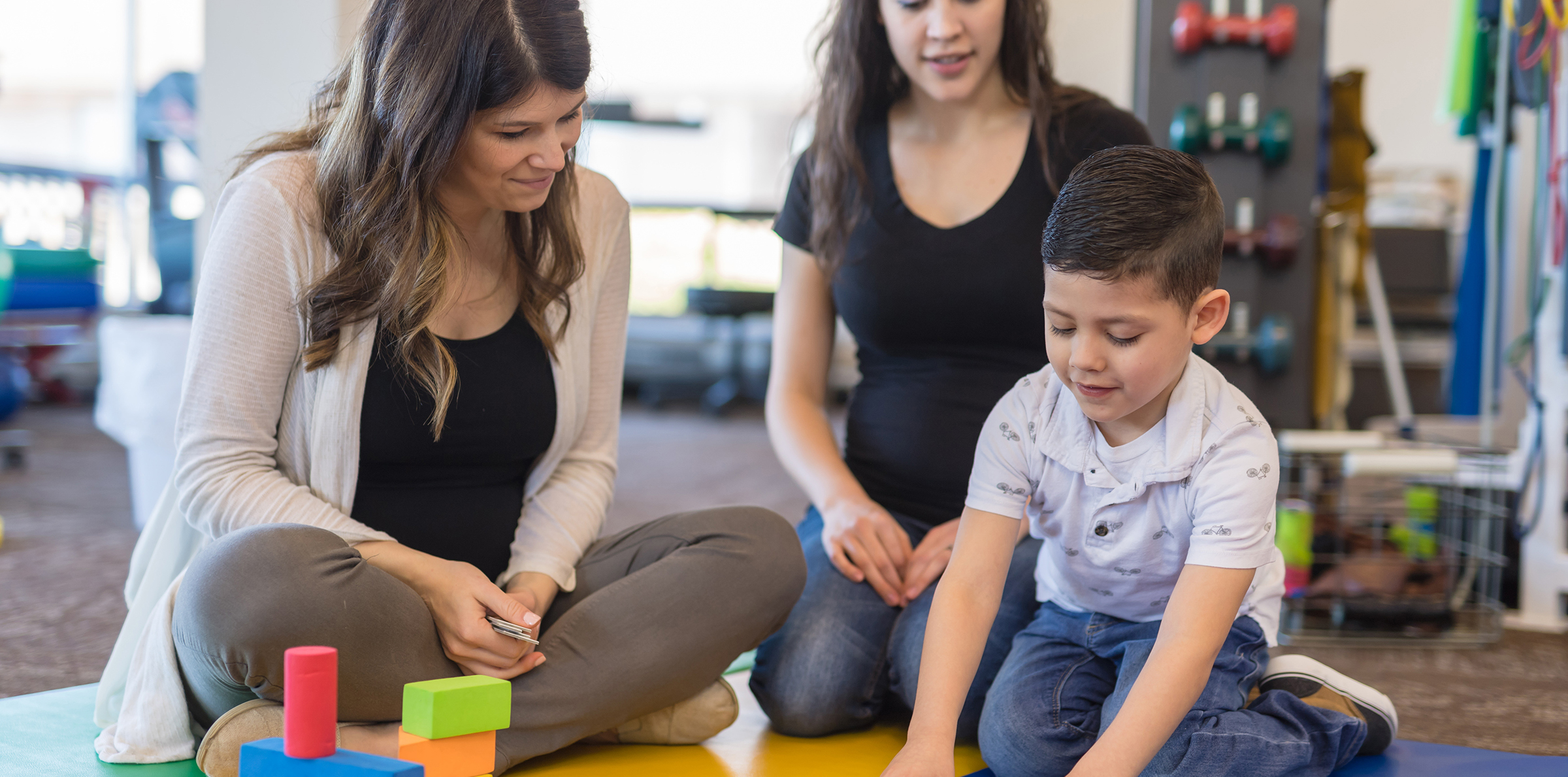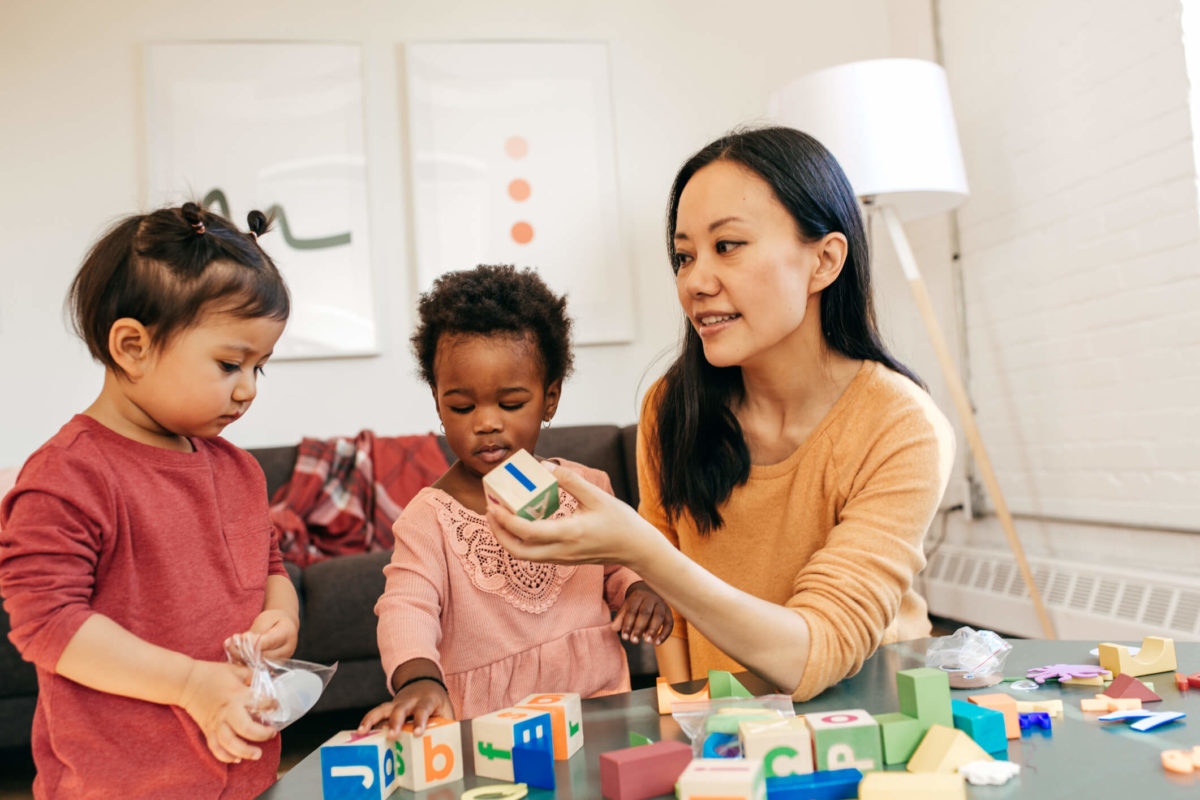
Lorem ipsum dolor sit amet, consectetur adipisicing elit. Magnam nobis quas quo voluptate voluptatibus.

ASLTIP connects families across the UK with trusted, independent speech and language therapists. Our members help children and young people develop communication skills, build confidence and connect with the world around them.
Speech and Language Therapists support children who:
ASLTIP members work closely with families, carers and schools to create environments that support communication and confidence.
Free to use. Commission free.
Search by age, location, experience or format
Not all therapists have the same experience. You can ask:
All ASLTIP therapists are HCPC registered, follow GDPR and work to high professional standards.
If you’re new to speech and language therapy or want to understand how sessions are arranged, how fees work, and how your child’s privacy is protected, visit our How It Works page.
Not all therapists have the same experience. You can ask:
All ASLTIP therapists are HCPC registered, follow GDPR and work to high professional standards.
If you’re new to speech and language therapy or want to understand how sessions are arranged, how fees work, and how your child’s privacy is protected, visit our How It Works page.
When therapists join ASLTIP, they let us know the areas they have experience in, and these are the same terms you can find in our find a therapist search tool.
Each child is unique. That’s why we’ve created dedicated pages for the different areas our members work in. Whether your child is autistic, has a speech sound disorder, or uses a communication device, you can learn more about what each area involves and how a speech and language therapist can help.
All our therapists are qualified and registered with the Health and Care Professions council, they are experienced in supporting children and young people.
AAC includes different ways of communicating that children use alongside or instead of speech. This might include signing, picture symbols, communication software or voice output devices.
AAC reduces frustration, builds confidence, supports learning and helps children take part in social interactions. It also helps others understand what the child is trying to say.
More information: https://www.inclusive.com/
Autism is a lifelong difference that affects how a person communicates, interacts and experiences the world. Every autistic child is unique, with their own strengths and support needs.
Some autistic children:
Speech and language therapists support communication, build confidence and work with families, schools and others to create positive environments where autistic children can thrive.
An acquired brain injury happens after birth and may affect how a child communicates, learns and interacts with others. This might result from an accident, a fall, illness, infection or another cause. The effects vary depending on the part of the brain affected and how severe the injury is.
Some children need support with:
Speech and language therapists rebuild communication skills, support safer eating and drinking and help children regain confidence after a brain injury.
Bilingualism is an advantage. It does not cause communication difficulties. Children who grow up with more than one language are just as likely to experience communication differences as those who speak only one — but bilingualism is not the cause.
In some communities, bilingualism is misunderstood, and families feel pressure to stop using their home language. Research shows this is not needed. Keeping all a child’s languages builds confidence, strengthens family bonds and supports communication.
Speech and language therapists work with families to support communication in all the languages children use at home and in the community.
More information: https://londonsigbilingualism.co.uk/
Cerebral palsy describes a group of conditions that affect movement and coordination. It happens when the parts of the brain that control muscles develop differently or are injured before, during or shortly after birth.
There are many possible causes including premature birth, infections or difficult delivery. Sometimes the cause is unknown.
Children with cerebral palsy may also have epilepsy or differences in hearing or vision.
Some children:
Speech and language therapists support communication, build confidence and help children access learning.
A cleft lip or palate happens when part of the lip or roof of the mouth does not join together during pregnancy.
Some children are born with a cleft lip, a cleft palate or both.
The cleft is usually repaired early in life with surgery. Some children may also have dental or medical needs linked to their cleft.
Other children may have differences in how the soft palate works, which can affect speech.
Speech and language therapists support children as part of a specialist team. They help children develop clearer speech and communicate confidently from early years through to the teenage years.
More information: https://www.clapa.com/
Cluttering is a fluency difference that affects how smoothly speech flows. A child who clutters may speak quickly, leave out sounds or words or talk in a way that is hard to follow.
Cluttering is different from stammering, but the two can happen together. Some children may not realise their speech is unclear.
Speech and language therapists help children speak more clearly and confidently, using strategies to organise their thoughts and improve communication.
More information: https://stamma.org/about-stammering/cluttering
A cochlear implant is a type of hearing device that is surgically implanted. It stimulates the hearing nerve directly and helps some children with severe or profound hearing loss access sound.
A specialist team assesses whether a cochlear implant is right for each child. This may include children born with hearing loss or those who lose hearing later.
Speech and language therapists help children with cochlear implants develop listening and communication skills. Some use specialist approaches such as Auditory Verbal Therapy.
More information: https://www.ndcs.org.uk/…/cochlear-implants
Developmental Language Disorder, or DLD, means a child has ongoing difficulties understanding and or using spoken language. These difficulties are not explained by hearing loss or another condition.
DLD was previously called Specific Language Impairment.
A child may be diagnosed with DLD if:
Speech and language therapists help children build language skills, take part in learning and grow in confidence.
More information: https://radld.org/
Dyslexia describes a range of difficulties with reading, writing and spelling. It often links to early speech and language differences that may continue as children get older.
Dyslexia can occur on its own or alongside other differences such as autism or attention needs. It affects each child differently — some find learning to read clearly difficult, while others experience more subtle challenges that still affect progress.
Speech and language therapists support spoken language and literacy, helping children build skills and confidence at school.
More information: https://www.bdadyslexia.org.uk/
Stammering is also called stuttering or dysfluency. It means that the flow of speech is disrupted.
Many young children go through a stage of non fluent talking. For most, this settles as they develop. For others, stammering continues and may affect confidence or willingness to speak.
Speech and language therapists support confident communication and reduce the impact of stammering.
More information: https://stamma.org/
Dysphagia means difficulty with eating, drinking or swallowing. This can happen for many reasons, including prematurity, muscle weakness, cleft palate, neurological conditions or sensory differences.
Speech and language therapists assess eating and drinking and support safer, more comfortable mealtimes.
More information: https://www.nhs.uk/symptoms/swallowing-problems-dysphagia/
Selective mutism is an anxiety based condition. A child may speak freely at home but feel unable to speak in certain situations, such as at school.
This can affect learning, confidence and relationships. Selective mutism can occur on its own or alongside other differences such as autism.
Speech and language therapists help reduce anxiety, build confidence and support children to communicate more freely in different situations.
More information: https://www.selectivemutism.org.uk/
A visual impairment means a child has reduced vision that cannot be fully corrected with glasses or contact lenses. This can affect how they explore, communicate and learn.
Some children are born with a visual impairment. Others develop it later due to illness or injury. The effects vary depending on the type and level of vision loss.
Speech and language therapists support communication and learning, working with families, schools and other professionals.
Some children develop voice difficulties that affect how their voice sounds or feels. Their voice may sound hoarse, strained, weak or quiet.
Voice problems can happen due to illness, injury, surgery or overuse. Talking loudly for long periods can lead to swelling on the vocal cords.
Speech and language therapists support children and families to care for their voice, build healthy voice habits and communicate with confidence.
More information: https://britishvoiceassociation.org.uk/
ASLTIP’s membership has been growing rapidly since 1989. We are a support organisation run by our members. The executive board is always grateful for new members and new ideas.
Apply for a membership
